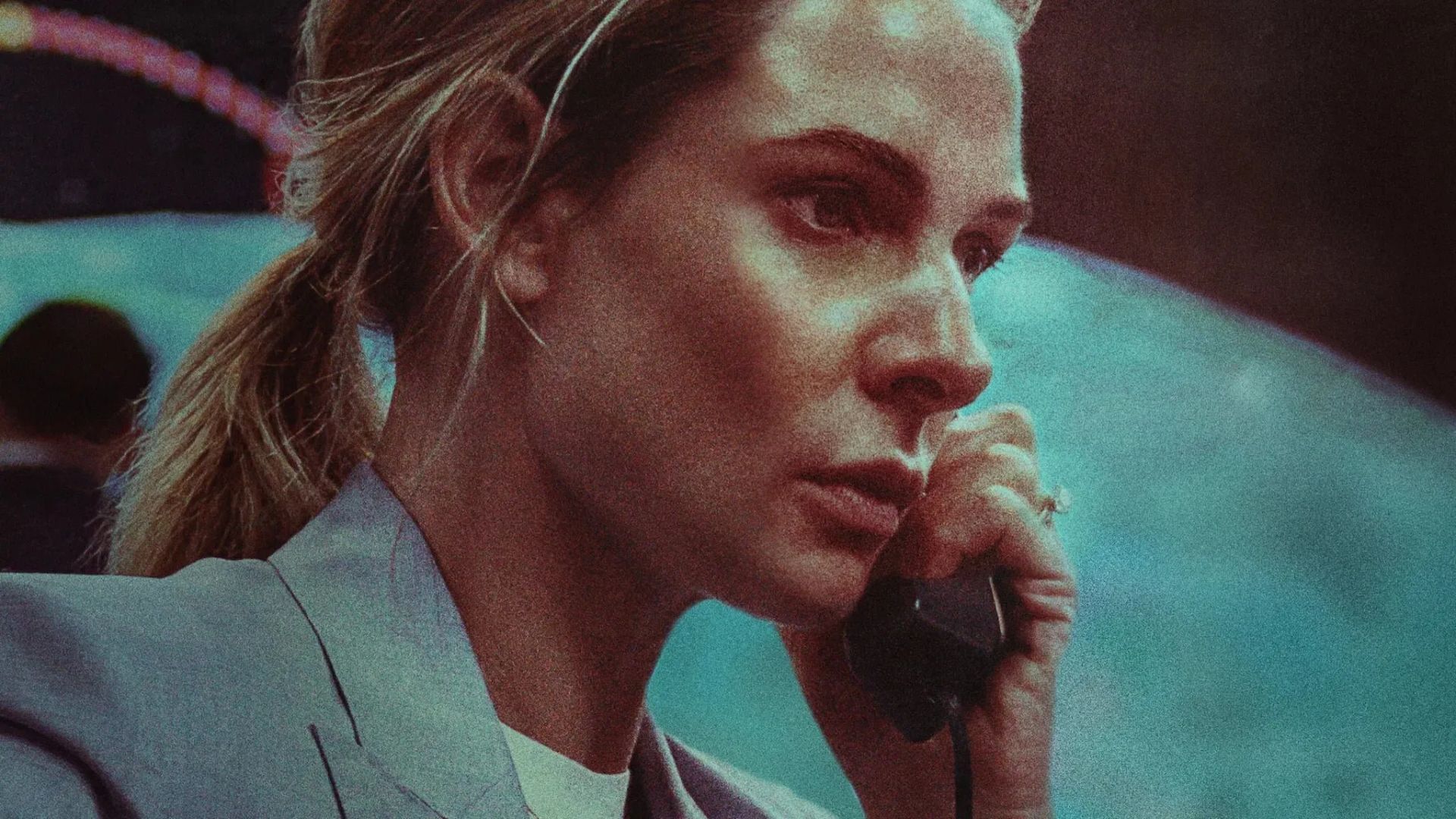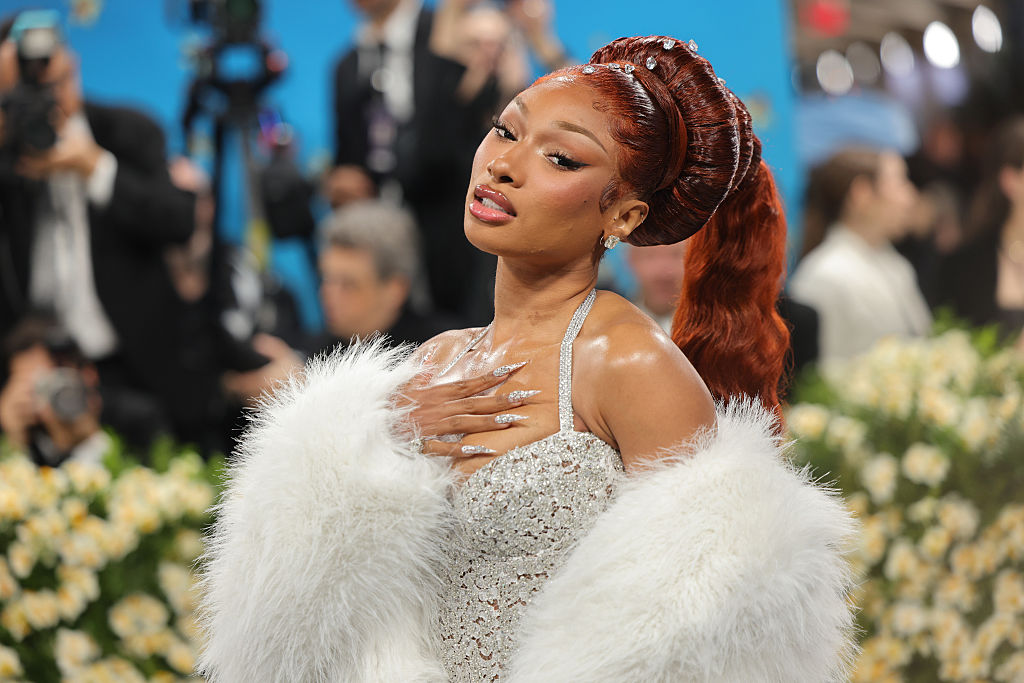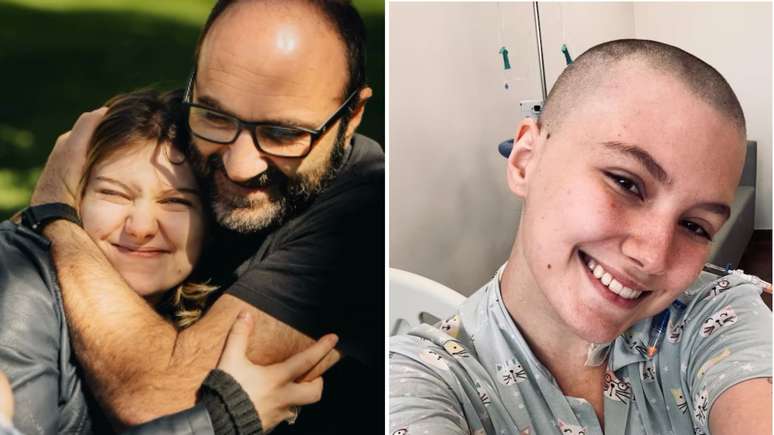The 65-year-old Texan arrives accompanied by Brazilian harmonica player Marcelo Naves and the band Tigerman for a show this Wednesday 19
Diunna Greenleaf is a blues keeper. More than what she did in her shows—the latest of which was at the weekend, in Paraty, as an attraction for the 13th edition of the Bourbon Feast Paraty, held by the São Paulo Concert Hall, Diunna has projects aimed at education and the preservation of the memory of her ancestors. The blues, for Diunna, can fall by the wayside in one’s own country. “Exactly this will happen (a historic cancellation) if nothing is done for the blues,” he says, in Estadão. “My actions in schools are to keep people from forgetting.”
Diunna is a late star. She is 65 years old and her albums available on Spotify are limited to two. Trying to resistsince 2011, e I’m not playing, since 2022. His voice full of sweetness always reveals the gospel cradle in which he was raised by his parents Ben and Mary Greenleaf, devout Protestants. But also much of the pagan music and street jokes sung by Sam CookSister Rosetta Tharpe, koko taylor, the most “worldly of all” and, of course, Aretha Franklin. Regarding the blues on the one hand and the gospel on the other, his definition is precise: “They are like the fingers of the same hand. The blues speaks of today’s world, of hardships. The gospel speaks of tomorrow’s hope”.
Diunna will be the attraction of Bourbon Street this Wednesday 19 when she will be accompanied by the group of the excellent Brazilian harmonica player Marcelo Naves, The Tigerman. Marcelo is also a harmonica player in the guitarist’s group Nuno Mindelis. A season is coming to an end which has interspersed important names who have already performed at the Bourbon and at the Paraty festival since the beginning of the month. Among them were Ivan Lins (who had a beginning very close to soul music), the American singer Jane Monheit, the band Silibrina, of Antonio Nóbrega’s son Gabriel, and the young New Orleans pianist Kevin Gullage.
As for her performance in Paraty, Diunna was surprised by the audience’s engagement. “Amazing reaction, they knew what I was singing.” And that perhaps has to do with the next question.
Diunna doesn’t believe you need to be born in the United States to sing the blues authentically. For her, the “place of speech” of a bluesman or blueswoman is not linked to the place of birth, but to a history of exploitation, racism and slavery. “Anyone who has been oppressed will be able to experience the blues as a form of expression. I don’t think you have to be American to sing the blues. People get those feelings when they go to concerts, they hear what those songs don’t really say. They really know what the texts say”.
Returning to the comparisons between gospel and blues, the two strands that form his musicality, he says that the two songs speak to the same God. “The blues best expresses what we experience in everyday life, but it is the gospel that will encourage you to talk about a life that can be better. The blues is more earthly.” Jazz enters the discourse. She calls it “another finger from the same hand”, but she replies that yes, blues singers continue to be prejudiced against jazz singers. “Jazz, with more musical sophistication, has another acceptance. The most painful (in the message) ends up being the blues, which reveals more harshly what was the life of a black person in the United States.
Source: Terra
Earl Johnson is a music writer at Gossipify, known for his in-depth analysis and unique perspective on the industry. A graduate of USC with a degree in Music, he brings years of experience and passion to his writing. He covers the latest releases and trends, always on the lookout for the next big thing in music.




-1k22aaa6yuxx5.png)

